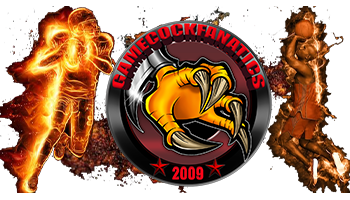One of things I love about my job (I work in PR and comms for a university after 20+ years as a journalist) is that I get to write long-form stories for the university magazine, which is also produced by our office. For the summer issue, I wrote a piece about a project in which local vets, both on and off campus, contribute stories each year to a journal called Stories Deployed as a way of processing the stress, pain, or sorrow they may have encountered during their service. The latest Stories Deployed has remembrances from Vietnam all the way through recently returned vets from Afghanistan. Anyway, here is a link to the story I wrote about the project, and I would love any of the feedback from the many vets on this site or anyone who takes the time to read it.
Story: https://window.wwu.edu/article/119547
This year's Stories Deployed anthology: https://www.wwu.edu/storiesdeployed/
Story: https://window.wwu.edu/article/119547
This year's Stories Deployed anthology: https://www.wwu.edu/storiesdeployed/
